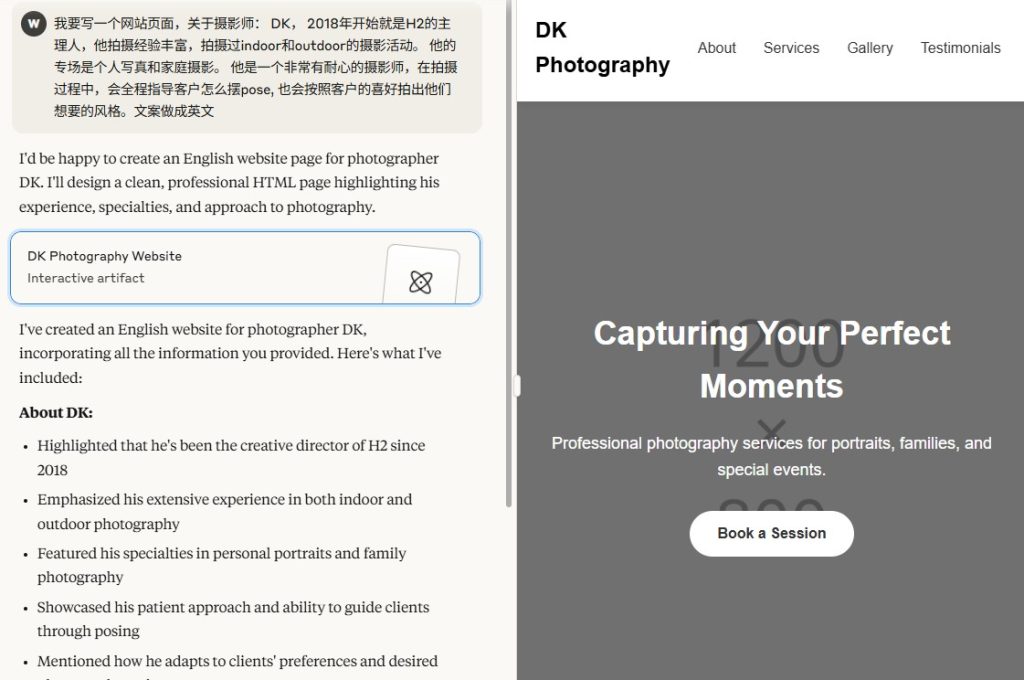In today’s fast-paced digital landscape, partnering with a digital marketing agency can give your business the edge it needs to stand out and thrive online. However, success in this collaboration isn’t just about finding the right agency; it’s also about preparing your company for the partnership.
But first, let’s look at what digital marketing is and the different types of digital marketing strategies one can implement to give their business the boost it needs.
What is Digital Marketing?
Digital marketing refers to the use of digital channels, platforms, and technologies to promote and advertise products, services, brands, or ideas to a targeted audience. Unlike traditional marketing, which often relies on offline methods such as print advertisements and billboards, digital marketing leverages the internet and electronic devices to connect with potential customers.
Digital marketing encompasses a wide range of strategies and tactics aimed at reaching and engaging audiences online. Some of the key components and techniques of digital marketing include:
Search Engine Optimisation (SEO)
SEO is the process of optimising a website’s content and structure to improve its visibility in search engine results pages (SERPs), thereby driving organic (unpaid) traffic to the site.
Content Marketing
Content marketing involves creating and sharing valuable, relevant content such as blog posts, articles, videos, infographics, and more to attract and engage target audiences. It aims to build trust and authority, ultimately leading to customer loyalty and conversions.
Social Media Marketing
Utilising social media platforms like Facebook, Instagram, Twitter, LinkedIn, and others to connect with users, build brand awareness, and engage in conversations with the audience is called social media marketing. Paid advertising and organic posts are both common strategies.
Pay-Per-Click Advertising (PPC)
Pay-Per-Click Advertising (PPC) is running targeted advertisements on search engines and social media platforms, where advertisers pay a fee each time their ad is clicked. Google Ads and Facebook Ads are popular platforms for PPC campaigns.
Email Marketing
Email marketing involves sending targeted emails to a list of subscribers to promote products, share news, offer discounts, and maintain ongoing communication with customers.
Affiliate Marketing
Affiliate marketing refers to partnering with affiliates or influencers to promote your products or services, typically in exchange for a commission for each sale or action generated through their unique tracking links.
Influencer Marketing
Collaborating with individuals who have a strong online presence and a large following to promote products or services to their audience is known as influencer marketing.
Online Public Relations (PR)
Online Public Relations (PR) is building and managing an online reputation through press releases, media coverage, and online mentions to enhance brand image and credibility.
Analytics and Data Analysis
Using tools and platforms to track and measure the performance of digital marketing campaigns allows businesses to make informed decisions and optimize their strategies.
Digital marketing offers several advantages, including its ability to reach a global audience, target specific demographics, measure campaign effectiveness in real time, and adjust strategies quickly based on data-driven insights.
Overall, digital marketing plays a crucial role in modern business strategies, helping companies connect with their customers in the digital age and drive growth and success in the online realm.
6 Ways to Prepare Your Company For Digital Marketing
Here are six essential ways to ensure a seamless and productive collaboration with a digital marketing agency:
1. Define Clear Goals and Objectives
Before diving into a partnership, it’s crucial to have a clear understanding of what you want to achieve. Set specific, measurable, achievable, relevant, and time-bound (SMART) goals that align with your overall business objectives. Whether you’re aiming to increase website traffic, boost conversions, enhance brand visibility, or all of the above, a well-defined goal will provide the agency with a focused direction for its strategies.
2. Know Your Target Audience Inside Out
Your business’s success hinges on understanding your audience. Take the time to develop detailed buyer personas that outline the demographics, interests, pain points, and online behaviours of your ideal customers. Sharing this information with your chosen agency will enable them to tailor their campaigns to resonate with your target audience effectively.
3. Conduct a Thorough Digital Presence Audit
Evaluate your current online presence across all platforms. Examine your website, social media profiles, email marketing campaigns, and any ongoing online efforts. Identify what’s working well and what areas need improvement. By sharing this information with the agency, they can build upon your existing strengths and address any weaknesses to create a cohesive and impactful strategy.
4. Set a Realistic Budget and Allocate Resources
Having a clear budget in mind is essential for the agency to propose strategies that align with your financial resources. Work closely with your internal finance team to determine a budget that allows for effective digital marketing initiatives. Additionally, allocate the necessary resources within your organization to collaborate seamlessly with the agency, such as providing content, visuals, or data.
5. Research and Select the Right Agency
Choosing the right digital marketing agency is a critical step. Research potential agencies thoroughly, looking for experience in your industry, a track record of success, and positive client reviews. Create a shortlist of candidates and schedule initial consultations to discuss your goals and expectations. Finding an agency that not only has the skills but also shares your company’s values can make a significant difference in the partnership’s success.
6. Foster Open and Transparent Communication
Effective communication is the cornerstone of any successful partnership. Designate a point of contact within your organization to liaise with the agency, ensuring that information flows smoothly in both directions. Regularly scheduled meetings and progress updates will keep everyone on the same page, enabling the agency to adjust strategies based on your feedback and evolving needs.
Conclusion
Preparing your company for a partnership with a digital marketing agency is a proactive approach that sets the stage for a fruitful collaboration. By defining your goals, knowing your audience, auditing your digital presence, setting a budget, selecting the right agency, and maintaining open communication, you’re well-equipped to make the most of this partnership.
Remember, hiring a digital marketing agency is a collaborative effort. The synergy between your company’s expertise and the agency’s digital prowess can lead to outstanding online growth and success. No matter what digital marketing strategies you plan to implement, both your business and the agency should work together closely to achieve the desired results. By following these steps, you’ll be well-prepared to initiate a productive and successful partnership with the chosen agency.








